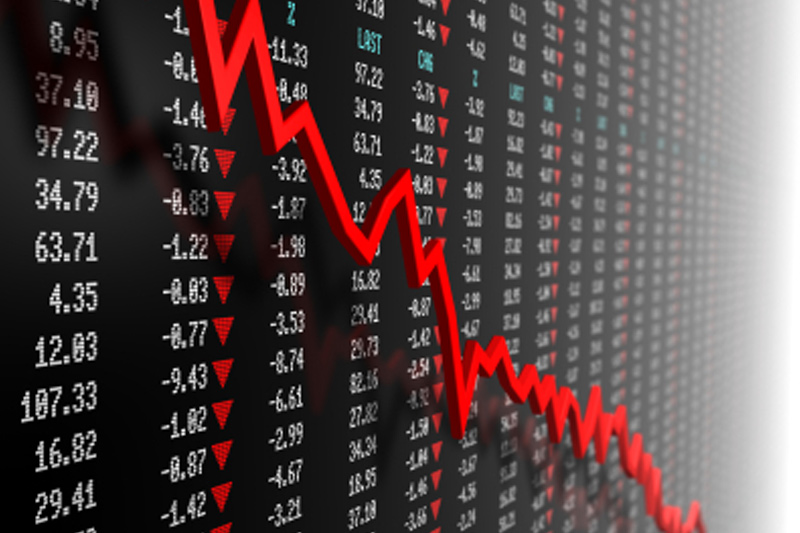Investing.com - The euro fell to a more than one-month low against the yen on Tuesday, as market sentiment weakened amid uncertainty over the outcome of a meeting of European Union meeting later in the day, while global growth concerns continued to weigh.
EUR/JPY hit 97.32 during European afternoon trade, the pair’s lowest since June 5; the pair subsequently consolidated at 97.45, shedding 0.51%.
The pair was likely to find support at 96.49, the low of May 31 and resistance at 99.09, the high of July 6.
Markets eyed talks between EU finance ministers, after euro zone officials agreed on Monday to make EUR30 billion in aid available to assist Spain’s struggling banking sector by the end of the month, while also supporting plans to extend Spain’s deficit target deadline by one year to 2014.
They made no apparent progress, however, on activating the bloc's rescue funds to intervene in bond markets and bring down Spain and Italy’s spiraling borrowing costs.
Spain’s 10-year government bonds eased to 6.9% earlier, moving below the critical 7% threshold which is widely seen as unsustainable in the long term.
Markets were also jittery as Germany's top court was due to decide whether the EU's permanent bailout fund is compatible with national law, potentially leading to deeper fiscal integration within the region.
Earlier in the day, official data showed that French industrial production tumbled 1.9% in May, far more than expectations for a 0.9% fall and following a 1.4% rise the previous month.
The yen was also higher against the U.S. dollar with USD/JPY falling 0.23%, to hit 79.37.
Also Tuesday, fears over global economic growth intensified after official data showed that Chinese exports and imports in June slowed from the previous month, as weakening global demand weighed.
EUR/JPY hit 97.32 during European afternoon trade, the pair’s lowest since June 5; the pair subsequently consolidated at 97.45, shedding 0.51%.
The pair was likely to find support at 96.49, the low of May 31 and resistance at 99.09, the high of July 6.
Markets eyed talks between EU finance ministers, after euro zone officials agreed on Monday to make EUR30 billion in aid available to assist Spain’s struggling banking sector by the end of the month, while also supporting plans to extend Spain’s deficit target deadline by one year to 2014.
They made no apparent progress, however, on activating the bloc's rescue funds to intervene in bond markets and bring down Spain and Italy’s spiraling borrowing costs.
Spain’s 10-year government bonds eased to 6.9% earlier, moving below the critical 7% threshold which is widely seen as unsustainable in the long term.
Markets were also jittery as Germany's top court was due to decide whether the EU's permanent bailout fund is compatible with national law, potentially leading to deeper fiscal integration within the region.
Earlier in the day, official data showed that French industrial production tumbled 1.9% in May, far more than expectations for a 0.9% fall and following a 1.4% rise the previous month.
The yen was also higher against the U.S. dollar with USD/JPY falling 0.23%, to hit 79.37.
Also Tuesday, fears over global economic growth intensified after official data showed that Chinese exports and imports in June slowed from the previous month, as weakening global demand weighed.
